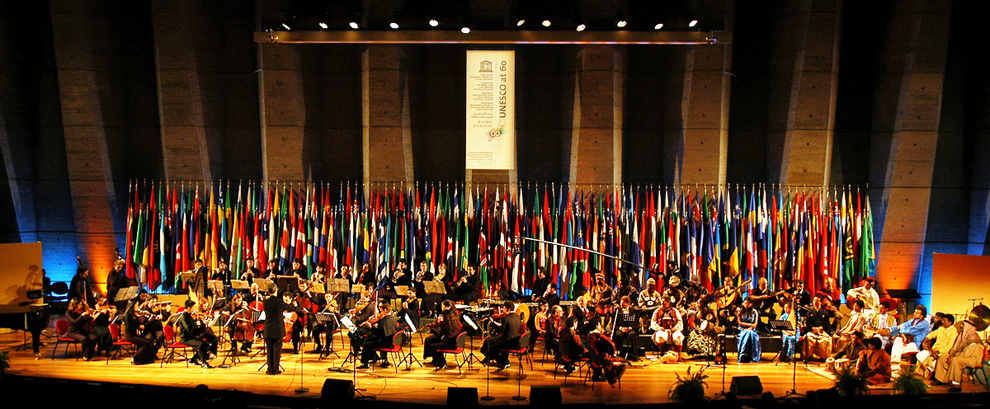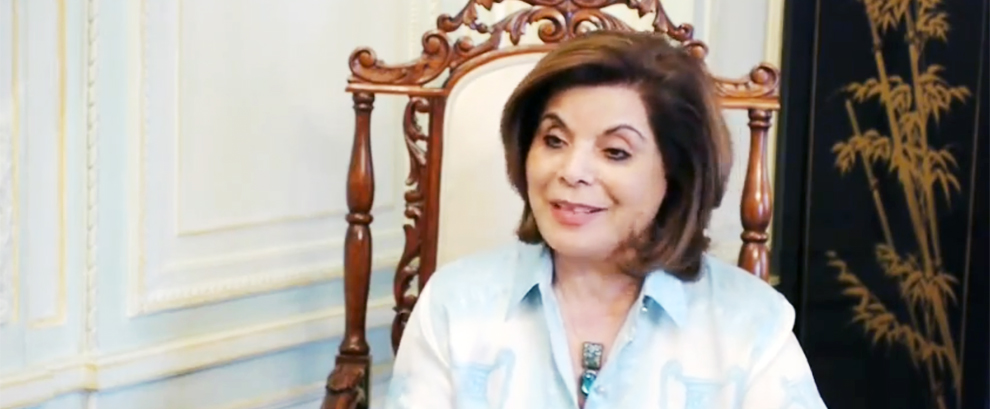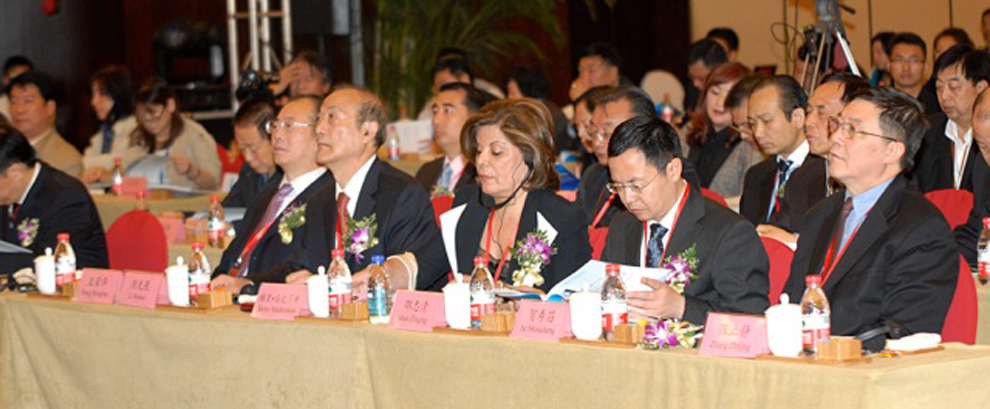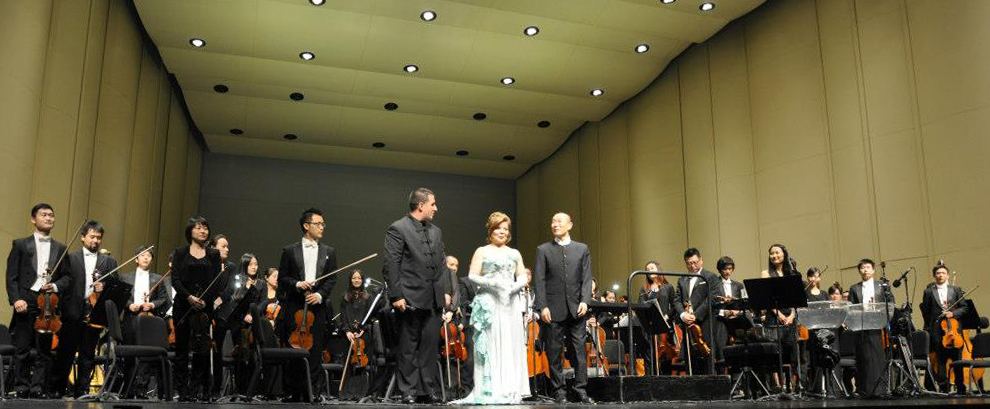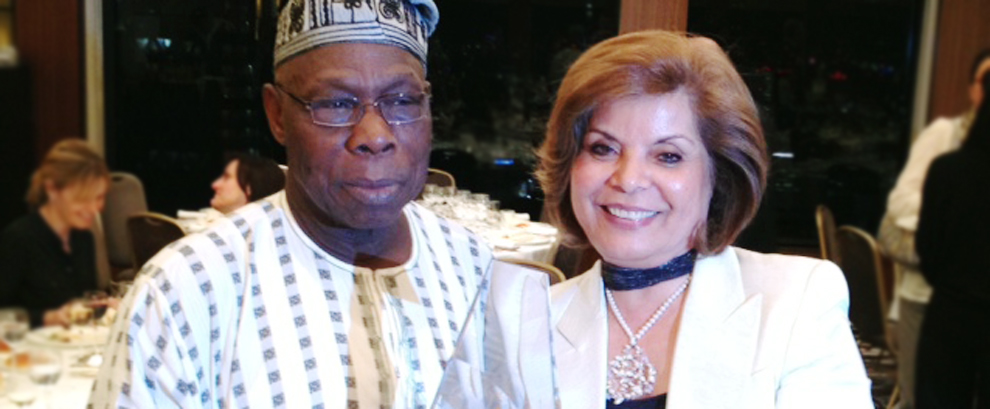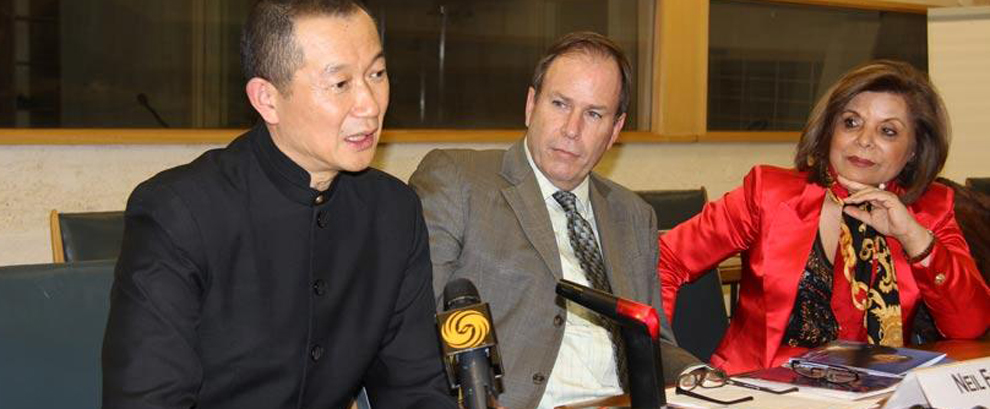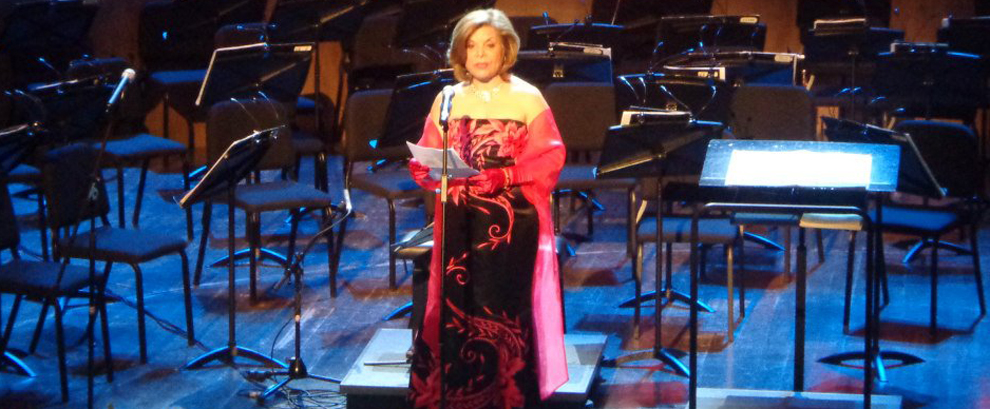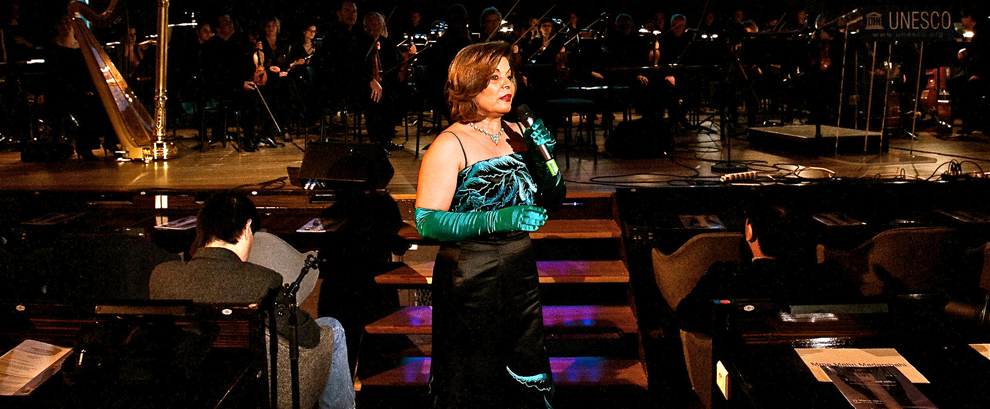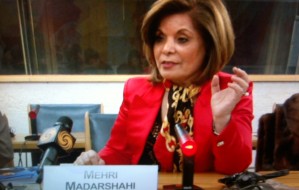
WORLD WATER DAY 2013
March 22, 2013
Paris, France
Presented by Mehri Madarshahi
The program tonight is all about water: a precious non-renewable source of life for today’s 7 billion inhabitant of earth. As we speak – nearly 1 billion people in the world are without access to fresh water! Concerns about water as a critical element for continuation of life has yet to capture our imaginations and the deserving headlines in newspapers and media reports.
With water demand exceeding water supplies, water shortage has become more prominent in many developed and developing countries. A global water shortage is looming high and more than 40 per cent of the world’s population are dealing with some form of water scarcity.
Climate change is adding new challenges to urban water management. According to some estimates, the changing climate could account for about 20 per cent of the increase of the global water scarcity. Although the precise impact of climate change on freshwater resources is still unknown, more erratic rainfall and extreme weather conditions, such as floods, droughts, mudslides, typhoons and cyclone, may cause irreversible damages to water supplies.
Lately, floods and droughts have been the name of the game. Floods disrupted thousands of homes, businesses and infrastructure in the US, Thailand, in Bangladesh,, Cambodia and in China.. The on-going drought in the Horn of Africa has so far claim thousands of lives and the list goes on.
One of the pressing issues of the 21st century should, therefore, be to resolve how we share and preserve this limited crucial and non-renewable source of life on our blue planet.
Environmental protection is too important to be left to governments and the private sector alone. It must, therefore, become more of the responsibility of public at large- so as to reclaim their right to live in a clean and healthy environment. The success of such sustainable policies depends on broad-based public awareness and education. Little thought is being given to where to start in reversing these pernicious trends and how to ensure people participations and awareness campaigns to create advocacy for action to bring about a blue and carbon-free society. For these and more, We need a new grand strategic design.
Water as a mirror of heritage and culture has demonstrated its influence in the poetry, literature, painting and drawings and in particular in music. Diverse expressions of the significance of water, manifested in the symbolism, mythology, and rituals of cultures around the world, demonstrate the essential role that water plays in belief systems and education.
Reaching out to and mobilizing committed people has become the central objective of my Association. We have concluded that the Puzzle of communication in our globalized world could be resolved by using the universal language of music. Music can transcend from its traditional role as a means of entertainment and become an advocate for social change. Music as a soft power of culture is eminently well suited for this task. As the Greek philosopher Plato once said: “Music gives a soul to the universe, wings to the mind, flight to the imagination, and life to everything”.
Melody for Dialogue Among Civilizations Association (MDAC) and its partners since a couple of years, by organizing a series of multifaceted concerts and forums around the world, made an impact in creating awareness on the growing global challenge concerning the sustainability of our environment and, in particular, fresh water. The first of our regional events was held in Lagos, Nigeria followed by a major conference and concert in New York City (USA).. Hangzhou, (China) hosted the third event and our program tonight at UNESCO with grand Maestro Tan Dun will lead the caravan forward..
Fortunately in this journey we are not alone! Today, education and public awareness-raising on environmental issues have become an integral part of the work of many. The Grosses Walsertal Biosphere Reserve in Germany, for example, decided to use local songs at a concert to unite biosphere reserves and throughout the celebration of the International Year of Biodiversity, music was used as a catalyst to raise awareness on the global crisis of biodiversity losses.
Public awareness and pressure are critical for policy and decision-makers’ response to the global environmental crisis. We must use all means of communication to get the relevant messages across. There is no society without music. There is no age group, no culture which does not enjoy music. So let us use this universal language of melodious sound to galvanize the international community into leaving the legacy of a sustainably managed world to the Earth’s future generations.


